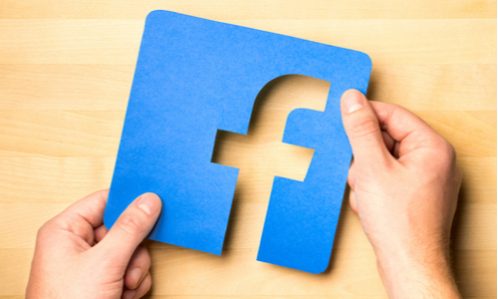
By: Aaron Mackey (Electronic Frontier Foundation)
As Mark Zuckerberg tries to sell Congress on Facebook’s preferred method of amending the federal law that serves as a key pillar of the internet, lawmakers must see it for what it really is: a self-serving and cynical effort to cement the company’s dominance.
In prepared testimony submitted to the U.S. House of Representatives Energy and Commerce Committee before a Thursday hearing, Zuckerberg proposes amending 47 U.S.C. § 230 (“Section 230”), the federal law that generally protects online services and users from liability for hosting user-generated content that others believe is unlawful.
The vague and ill-defined proposal calls for lawmakers to condition Section 230’s legal protections on whether services can show “that they have systems in place for identifying unlawful content and removing it.” According to Zuckerberg, this revised law would not create liability if a particular piece of unlawful content fell through the cracks. Instead, the law would impose a duty of care on platforms to have adequate “systems in place” with respect to how they review, moderate, and remove user-generated content…
Featured News
Big Tech Braces for Potential Changes Under a Second Trump Presidency
Nov 6, 2024 by
CPI
Trump’s Potential Shift in US Antitrust Policy Raises Questions for Big Tech and Mergers
Nov 6, 2024 by
CPI
EU Set to Fine Apple in First Major Enforcement of Digital Markets Act
Nov 5, 2024 by
CPI
Six Indicted in Federal Bid-Rigging Schemes Involving Government IT Contracts
Nov 5, 2024 by
CPI
Ireland Secures First €3 Billion Apple Tax Payment, Boosting Exchequer Funds
Nov 5, 2024 by
CPI
Antitrust Mix by CPI
Antitrust Chronicle® – Remedies Revisited
Oct 30, 2024 by
CPI
Fixing the Fix: Updating Policy on Merger Remedies
Oct 30, 2024 by
CPI
Methodology Matters: The 2017 FTC Remedies Study
Oct 30, 2024 by
CPI
U.S. v. AT&T: Five Lessons for Vertical Merger Enforcement
Oct 30, 2024 by
CPI
The Search for Antitrust Remedies in Tech Leads Beyond Antitrust
Oct 30, 2024 by
CPI